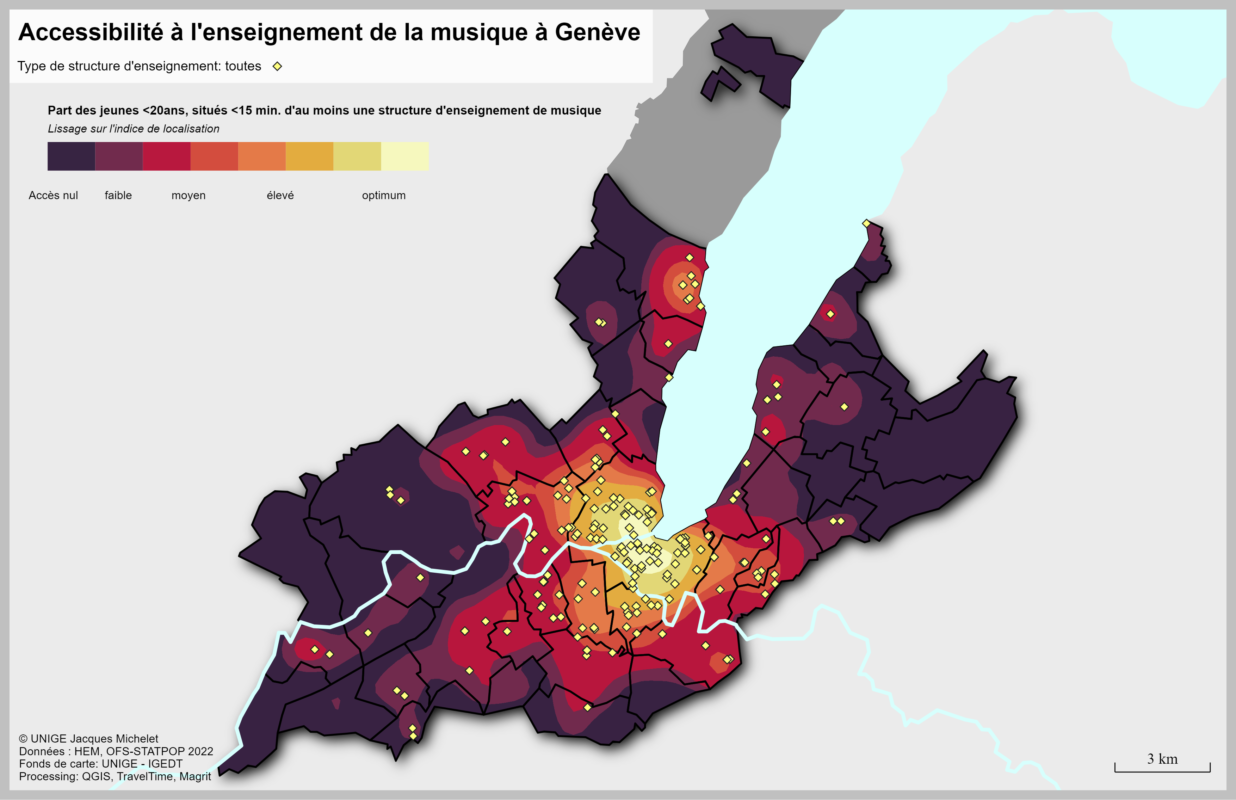Publishing contracts - risks and side effects
As a general rule, it's a good idea to find out about the risks and side-effects of a contract from a competent person before signing it!
The publishing house can seek out labels to produce a recording. It can also arrange for the music in question to be used as a new recording in advertising, film or video games, and can arrange composition commissions. In addition, the publishing house can authorize or initiate arrangements such as translations or stylistic changes, in return for payment. The classic case: a publishing house also prints notes, publishes songbooks or provides a license for a streaming service to display song lyrics. By contrast, the publishing house's tasks do not include the evaluation of recordings, which typically falls to the core activities of a label or distribution house.
As a rule, good publishing houses have an extensive network (ideally extending abroad) that enables or facilitates these activities. When starting a collaboration with a publishing house, an artist is well advised to assess whether the network is suited to his or her needs and musical genre.
To enable a music publishing house to carry out its tasks, the author (composer, lyricist or adapter) entrusts it with copyright for a clearly defined period and territory.
In return for its work, the publishing house receives a percentage of the author's income from the exploitation of the compositions. The amount of the percentage depends on the type of exploitation. Both the publisher and the composer are members of a collecting society such as SUISA. The publisher is registered with SUISA for each work, and the publishing contract distributes income in accordance with SUISA's distribution regulations. This applies to all rights apart from synchronization (e.g. use of music in films, video games, etc.), but also to the combination of music with choreography, its integration into a play, etc.), arrangement (e.g. translation of lyrics, modification of style, etc.), and "graphic" rights (e.g. printing of notes or lyrics published on the Internet). For rights managed directly by the publishing house, the publisher and the author freely agree on a share of the sales.
Since the publisher receives a share of the sales instead of a fixed fee, he runs the risk of putting in more effort than the result, and of receiving a low volume of revenue. However, it is quite possible for the publishing house to earn good revenues even with limited investment in the exploitation of certain music, for example when the artists in question undertake extensive tours during which their songs are performed. In such cases, the publishing house systematically receives a share of the SUISA revenues.
Publishing contracts have a minimum term of three years, but are also regularly concluded for the "term of protection", i.e. up to 70 years after the author's death. Moreover, publishing contracts are generally concluded for the whole world.
While the law does indeed determine the main fundamental elements of a publishing contract, the rules are designed for typical book publishers and are hardly suitable for music publishers. Given the extended duration of the engagement, and the almost total absence of legal provisions, it makes sense to clarify the various key aspects in the contractual framework. In addition to the duration and territory, these should include the publishing house's precise tasks, a share in sales, and possible grounds for termination. It is also recommended that an author be involved in the decision-making process concerning the types of films, commercials, games, etc. in which the music is likely to be used. The linking of music with third-party productions inevitably has repercussions for artists and their reputations.
In view of the very long duration of publishing contracts, and the fact that it is virtually impossible for artists to terminate them, the person concerned must carefully check whether the collaboration in question offers any advantages for him or her. In this context, the main challenge is structures where organizations such as labels, music sponsors or others wish to appropriate publishing rights to refinance their own investments such as commission fees. Sometimes, the assignment of rights is a prerequisite for obtaining the commission or marketing the recording. While this is generally permitted by law, it is advisable to check carefully that all conditions are advantageous to the artist in question.
Chantal Bolzern ... is a lawyer, mediator and co-president of Helvetiarockt.








